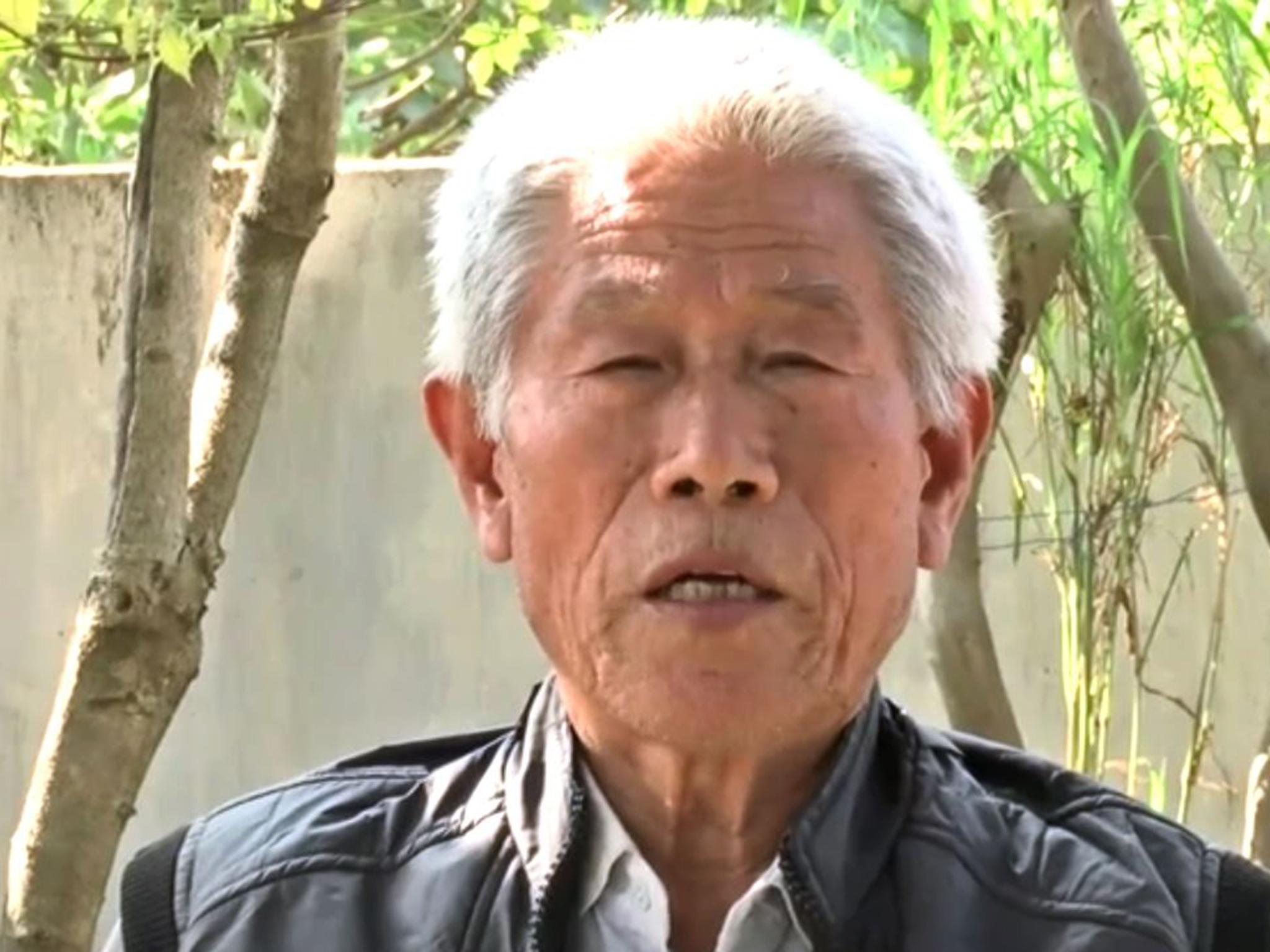Chinese man goes home after 50 years trapped in India
Wang Qi was accused of 'intruding into India' and forbidden from leaving after he accidentally strayed into the country in 1963

Your support helps us to tell the story
From reproductive rights to climate change to Big Tech, The Independent is on the ground when the story is developing. Whether it's investigating the financials of Elon Musk's pro-Trump PAC or producing our latest documentary, 'The A Word', which shines a light on the American women fighting for reproductive rights, we know how important it is to parse out the facts from the messaging.
At such a critical moment in US history, we need reporters on the ground. Your donation allows us to keep sending journalists to speak to both sides of the story.
The Independent is trusted by Americans across the entire political spectrum. And unlike many other quality news outlets, we choose not to lock Americans out of our reporting and analysis with paywalls. We believe quality journalism should be available to everyone, paid for by those who can afford it.
Your support makes all the difference.A Chinese man is finally due to go home after becoming trapped in India for more than 50 years.
Wang Qi, a Chinese army surveyor, said he had accidentally crossed over the border in India in 1963 and was unable to leave because he had not been given the correct exit visa.
Mr Wang, who is now in his eighties, had joined the Chinese People’s Liberation Army in 1960 and was tasked with building roads for the army when he was captured after “straying erroneously” over the border in January 1963.
The incursion came just weeks after the end of the Sino-Indian War of 1962 – a month long conflict over the disputed border between the two countries and India granting the Dalai Lama asylum in 1959 following the Tibetan uprising.
Mr Wang told the BBC: “I had gone out of my camp for a stroll but lost my way. I was tired and hungry. I saw a Red Cross vehicle and asked them to help me. They handed me over to the Indian army”.
But Indian officials said he had “intruded into India” and given “false background and the circumstances” about his whereabouts to authorities.
He spent the next seven years in prison before a court ordered his release in 1969 and took his to Tirodi in the central state of Madhya Pradesh but did not allow him to leave the country.
In 1975 Mr Wang, who also goes by his Hindi name of Raj Bahadur, married a local girl named Sushila “under pressure from friends” and went onto to have three children but always wanted to go home to see the family he left behind.
Due to uncertainty about his legal status, it is unclear whether he is a prisoner of war. He has never been given Indian citizenship, the family often lived in poverty and his attempts to start a business were unsuccessful as he claimed he would be beaten for not giving bribes to police to stay quiet about his lack of rights.
He began to write letters home to his family but only received a reply in the 1980s. He managed to speak to his mother for the first time in 2002 by phone after nearly 40 years. She died in 2006.
The Chinese embassy was able to secure a passport for him in 2013 but his family say he was still unable to leave the country without an Indian exit visa.
A senior local official Bharat Yadav said there had been “deficiencies” and a “lack of interest” in the case.
But the wait is finally over. Following the publicity surrounding his case generated by the BBC article the Indian Foreign Ministry has given Mr Wang a document allowing him to leave.
His family were also given passports allowing them to accompany him if they wished.
He flew from Delhi to Beijing on Friday evening with his children – his wife was too ill join him – where his elder brother Wang Zhiyuan greeted him for the first time in 50 years.
When Mr Wang made the journey to his hometown of Xianjing, 1864 miles from Tirodi, where he was greeted like a hero by crowds with banners saying “Welcome home, soldier, its been a rough journey”.
Join our commenting forum
Join thought-provoking conversations, follow other Independent readers and see their replies
Comments